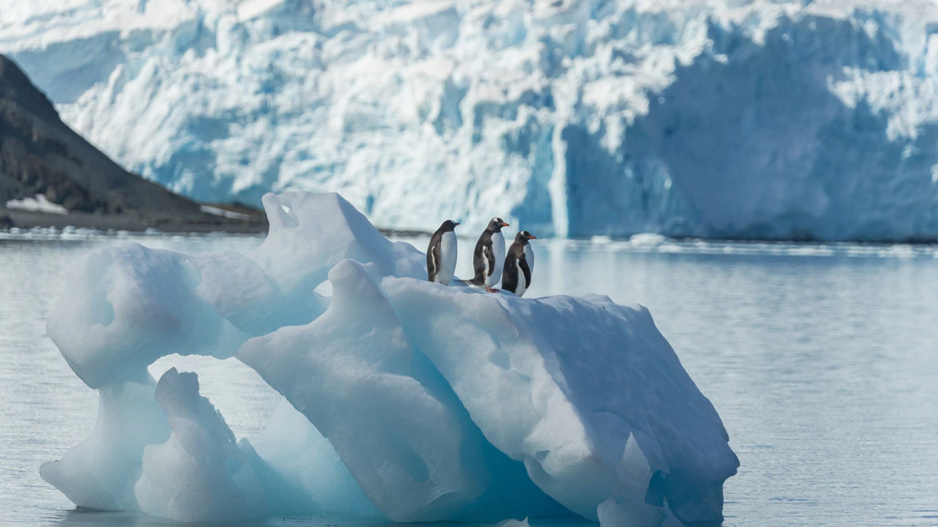Climate Change Has Slowed Earth’s Rotation
A Study Reveals the Unintended Consequences of Human-Induced Climate Change on Planetary Motion
The melting of ice in Greenland and Antarctica due to human-induced climate change has slightly slowed the Earth's rotation, concludes a study by the Scripps Institute of Oceanography at the University of California, published in the British scientific journal Nature.
This change has extended the timeframe for omitting a second from timekeeping by nearly three years, a need previously identified by scientists. Traditionally, to keep time measurement synchronized with Earth's rotation, such an adjustment would have been due in 2026. However, the melting ice and the consequent reduction in the planet's rotational speed mean that this leap second removal should now occur in 2029.
The study's author, Duncan Agnew, explained that the decrease in polar ice mass results in more mass around the equator. This shift in mass concentration is responsible for the deceleration of rotation. Mr. Agnew remarked on the profound implications of human activities now influencing the planet's rotation, stating, "We are witnessing unprecedented events."






